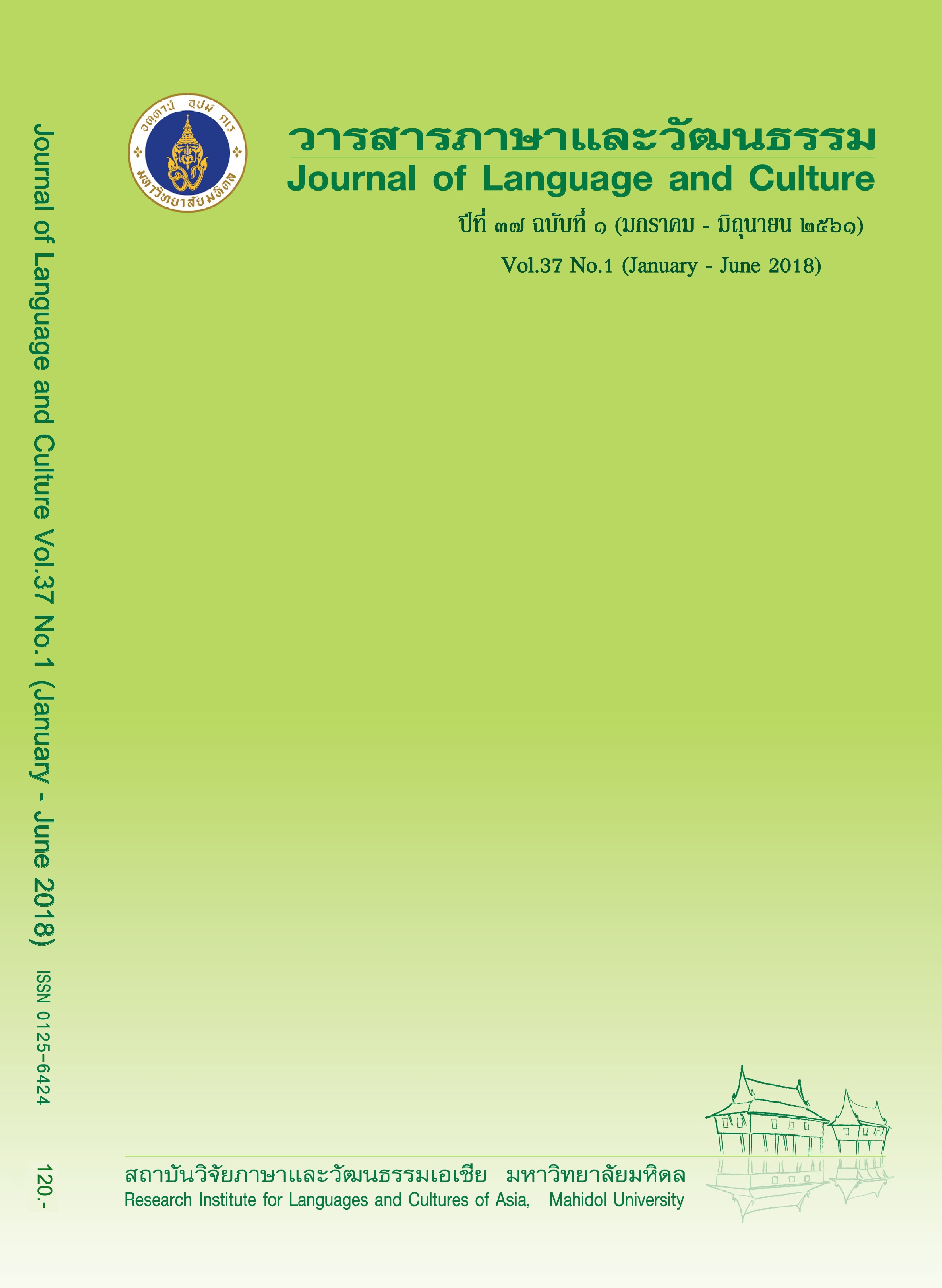Trade among the major communities along the multicultural highway (Thailand – Myanmar – India): A case study of Myanmar
Main Article Content
Abstract
This paper aims to present the results according to the research objectives of the research “Trade between the Major Communities along the Multicultural Highway: Thailand - Myanmar - India” using the concepts of multiculturalism and multiculturalism management as well as the learning process concept. These concepts are used to study the management of culture, trade, investment and tourism within mainstream communities of multicultural Myanmar. It assesses how Thailand and ASEAN should manage culture in order to facilitate and engage in trade, investment and tourism to produce desirable outcomes in the multicultural society of Myanmar.
The results of the analysis found that Myanmar has been a multicultural society throughout its history and leaders in various periods have introduced forms of cultural management such as “Getting to know themselves and yourself”, a method that has helped it become an attractive c.ountry for investors to this day. It begins with a deep understanding of multicultural society followed by the conducting of trade, investment and tourism as appropriate with continuously expanding results.
The important recommendation from this study is for Thailand, ASEAN and ASEAN Plus to conduct trade, investment and tourism among the main communities along the ASEAN Plus Highway by using the “Getting to know themselves and yourself” method together with multicultural management concepts used as tools for creating knowledge and understanding that will ultimately bring trust. On that basis, all parties can relate as friends and respect each other by recognizing and honoring the dignity, rights, and freedoms all should enjoy equally and absolutely. Such an approach will exploit the social and cultural capital needed to ensure that the benefits of such commercial exchanges are sustainable.
Article Details
The articles featured in the Journal of Language and Culture (JLC) constitute academic works representing the viewpoints of the respective author(s). It is crucial to note that these opinions do not necessarily reflect those of the Editorial Board.
All articles published in JLC are released under the Creative Commons Attribution 4.0 International License (CC BY 4.0). This license grants permission for unrestricted use, distribution, and reproduction in any medium, provided proper credit is given to the original author(s) and the source.


